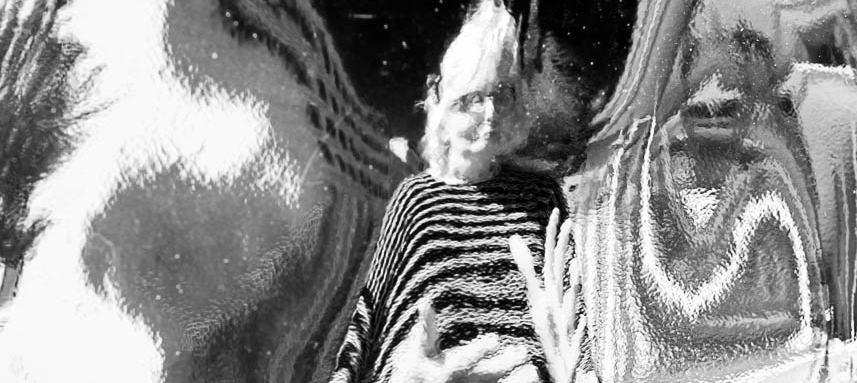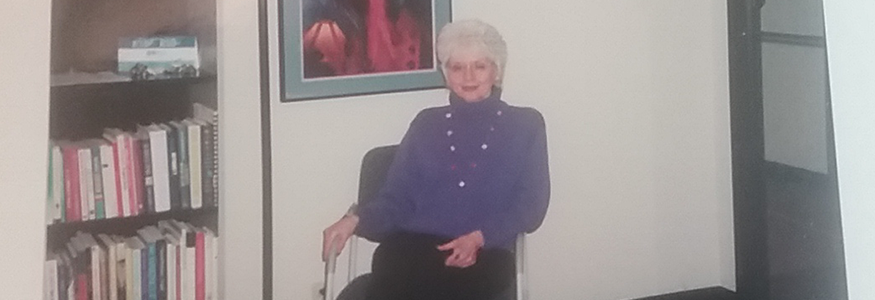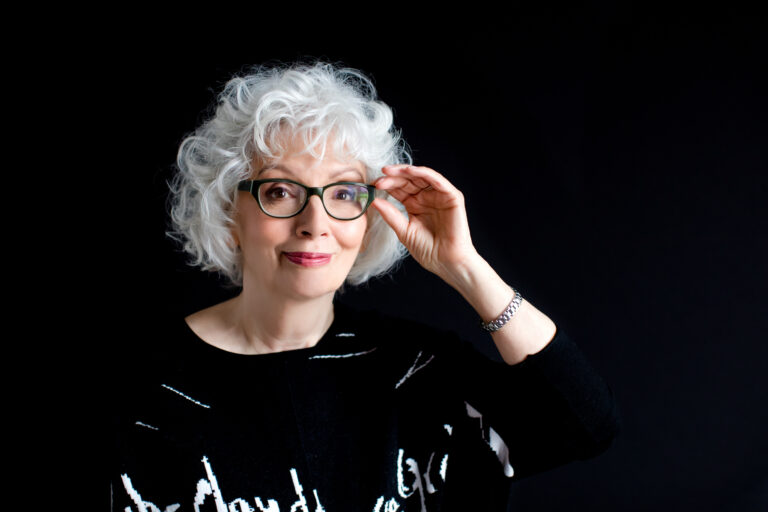Thanks for opening this post! Because you’ve come this far, here is a more accurate and descriptive subject heading:
According to Freud, Why Is It Difficult To Pay Attention?
Freud wrote that as humans, we want to preserve the status quo, which means we are almost always adverse to change. We want things to stay the same. At the same time, most of us, if we stop and think about it, recognize our habitual resistance to life-as-it-is. I think it is an understatement to say that we tend not to be satisfied with what is, at least it is for me.
In the twenty-first century when we speak of paying attention, we usually mean paying attention to what is going on in each moment. The popular name for this is mindfulness. Freud’s belief that we want to preserve the status quo may suggest that we would be good at paying attention to what is. But when we aren’t satisfied with life-as-it-is we want something different from what is. This is what makes it hard to pay attention to what is.
There are numerous ways to explain how Freud came to the conclusion we want to preserve the status quo but because the beginnings of every theory or story have a certain arbitrariness, I will not go down that rabbit hole; however, I will point out that Freud, in spite of his viewpoint that people liked the status quo, believed people could significantly change themselves and each other. He created psychoanalysis for just this purpose.
I’m writing a memoir about my experience in psychoanalysis and can vouch for the fact that in the depths of my mind, I cling to what I have always been told or believed true about myself. In that way, I cling to the status quo. Told I had a weak constitution as a girl, it is hard to recognize how strong and healthy I have become, how resilient. A decade in analysis has begun to build a new theory or story about my health.
And of course I must confess, often I don’t want life-as-it-is. When it’s cloudy, I want the sun to shine. When it’s sunny, I want it to be warmer. I have a perfectly good body but I want to be able to stand up straight and not have kyphosis plus I want straighter teeth. I appreciate the Active Adults exercise classes but some days think they should be easier and less crowded. I am a beginning writer but I want to know right now how to use using metaphorical language.
Whether I want things to stay the same or want things to be different, I am not paying attention to the present moment as it is. I want to be like the Buddha in the image and be happy and paying attention to the present moment.
What gets in your way of mindfulness? Of paying attention to your present experience? Do you feel satisfied with life-as-it-is? What do you want to be different? Do you tend to stick to the status quo? Do you like change? Is it easy for you to pay attention? What do you resist knowing about yourself? I would really like to know what your ideas about paying attention are. Do you have tips that would help me/us? Scroll down to leave a comment!
CLUE: After you read this post, set a timer for 3 minutes. I say three minutes because that is the length of time I am to lie on my back stretcher, TruBack. Note your breathing. If you do this more than once, you will notice that sometimes the time goes fast but other times it drags and you think it will never end. This is a bare form of paying attention and is worth a try if you want to explore time and your mind.
IMAGE TITLE: “Twins” Photo from our trip to Thailand in 2014 where I encountered golden Buddha statues nearly everywhere but never could decide whether or not I should touch them!








9 comments
Hi, Nicky.
I enjoyed this post. I find that I have similar problems. I have a hard time paying attention to now because I’m so focused on where I want to be-the best writer I can be RIGHT NOW.
Recently, I read an article on learning to write that suggested I just slow down and enjoy the learning experience. I recognize the wisdom in that suggestion. If I focus more on the learning process itself as I go along, I expect I will learn more thoroughly, but it is not always easy.
Good luck on your attempt to focus. I wish you well.
In reply to Susan Davenport.
Hi Susan,
So good to hear from you – I remember so clearly how you helped me
with WORD when we were in MM together! Thank you again!
Thank you also for telling me about slowing down and enjoying the process.
I, too, can feel the wisdom in that advice.
Keep in touch – I look forward to your blog posts and your fabulous photos.
I know things can’t stay the same, but unless life is unkind, I usually wish in vain for no change. When life is unkind I take solace in knowing that this too shall pass.
In reply to Nolan Hiatt.
Oh Nolan – this is very well said. Kindness is such a virtue.
Thanks for reading and commenting. You are appreciated!
Hi, Nicky! You gave me lots to think about, but I was reminded mostly of something Robin Bourjaily said about being at a party. She occasionally asks herself if she is having fun. I find that if I can say yes, then it’s even more fun. I also sometimes notice that I’m not really looking at what I’m looking at. Maybe my mantra should be “be mindful!”
Rats – now I have to remember to have a mantra!
Hi Jeanne – I love the idea of paying attention to whether or not I’m having
fun – and if I am – and I realize it – that makes it even more fun!
And not really looking at what we are looking at – I do that too! We will have a
mantra – if we can remember!
Thanks so much for reading and commenting!
Hi Jeanne – What a great thought that when we know we’re having fun,
it makes it more fun!
Good luck with the mantra! Thanks for reading and commenting!
Hi Nicky!
I am thinking that some of the trouble with both paying attention and staying in the moment is related to the high levels of anxiety many of us feel. Being still, living in the “what is” can be scary. I think much of this has to do with wanting something different than what is, but is also is related to the challenges of “what was,” the unresolved issues of the past that we have not addressed–and don’t want to–and also related to the “who is,” or who we are–warts and all–and the shame that many of us carry about that too.
In reply to Diane.
Oh Diane – what a good point! Sometimes it is scary to be with what is, especially
the unresolved issues of the past that you mentioned. This, of course, is what I’ve
been learning in Freudian psychoanalysis so I’m very happy you pointed it out.
Thanks so much for reading and commenting – I always learn from your ideas.
Comments are closed.